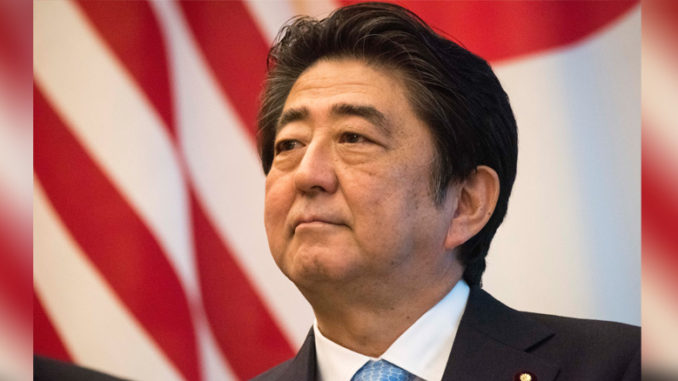
Japan, along with South Korea, has been an example of what can happen when a country takes reasoned, responsible actions in response to a pandemic. They tested all of the people who initially showed symptoms, and those who had contact with them, and isolated the infected. They asked all new visitors to Japan to self-isolate for fourteen days. They shut down schools and large gatherings. Anyone who felt sick – and many who were merely concerned about catching the disease – donned a mask. Companies shifted the way they did business to minimize contact (their “no-touch pizza” efforts have been copied in the US by Little Caesar’s). Social distancing was encouraged. Handshaking was already uncommon in the country, with bowing a preferred introductory nicety.
And then it all went wrong.
Japan serves as an example of the danger of letting one’s guard down and attempting to return to normal too early. Prime Minister Shinzo Abe declared at the end of February that the country needed to work to contain the virus for a span of two to three weeks. The population followed his instruction. Infections, deaths and ICU bed usage were all low and easily handled. The accusations of under-testing which were common in other countries seemed to be conspiratorial in nature rather than righteously angry.
Two weeks ago, those restrictions came to an end… and for much of the country, the masks came off. Events resumed. Japan only reluctantly postponed the Olympic Games as it became apparent that other countries would not be allowing their athletes to travel and commingle, even as their populace was convinced the worst was over. Unfortunately, the worst was not over, not remotely.
Japan has now seen that it is unwise to abandon a fight when one is winning. Their covid-19 case load has been spiking in recent days, with the most recent group to test positive being 18 resident doctors at a Tokyo hospital who had attended a dinner party. Worse still, the places where the virus has recently taken hold are the most densely populated cities in the nation.
In an attempt to regain control over the virus, Prime Minister Abe is expected to declare a national emergency today, and may officially enact some restrictions on movement and gatherings. The concern is that too much damage may have already been done. Some Tokyo hospitals are already seeing their available ICU beds shifting toward full occupancy. Currently, the mortality rate in Japan for covid-19 is very low. That will change if their ICUs are overburdened.
Thankfully, the Japanese are in later-phase trials of a drug which has reportedly shown promise. Favipiravir, manufactured by Fujifilm Toyama Chemical, has been used in China, with the Chinese officials – not normally prone to promoting Japan – stating that the antiviral drug is acting on the novel coronavirus in the way it has acted on other viruses, which is to say it is dramatically reducing the severity and duration of symptoms. The Chinese medical community tests demonstrated that treatment with the drug reduced average infection time following diagnosis from eleven days to four.
If Japan manages to regain control over their covid-19 outbreak, it will likely be due to the efficacy an existing drug regimen for similar diseases. In the interim, they can provide a valuable lesson for other countries, in that complacency or understating the danger of the problem is dangerous and even fatal.
